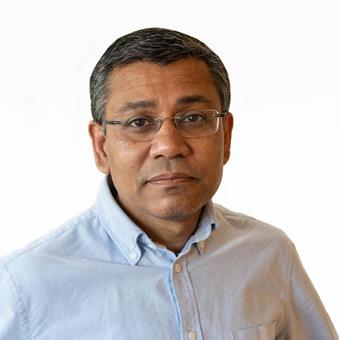Our research aims to optimise biogas production, i.e., enable a product with the highest possible methane content. An optimal biogas process can produce a gas which is 55 per cent methane, which can also be purified or upgraded to contain 98-99 per cent methane. There are many studies on substrates for biogas production which show that the theoretical potential is great. However, this potential is in many cases far from being realised. A systematic evaluation of substrate and processes is therefore required; one which not only takes into account chemical or biological properties and available quantities, but which also encompasses technical, economic and environmental aspects.
Trace elements and micronutrients also play a key role in biogas production. Understanding the role of trace metals in biogas processes is a great challenge due to a complicated relationship between metal chemistry, physical interactions, microbiology and process optimisation. Part of our research looks specifically at expanding our understanding of the role of trace elements in aiding stable biogas production. Similarly, we also study the significance of the consistency and flow properties of sludge, potential for improved hydrolysis and reactor configurations for process optimisation.
In a third line of research inquiry, we want to lay the foundations for methane production from waste water produced by the pulp and paper industry.
On a general level, research into this environmental challenge is about coordinating research which focuses on sustainable solutions for energy production and consumption, about energy policy and steering, and about social actors' conceptions of safe energy.






